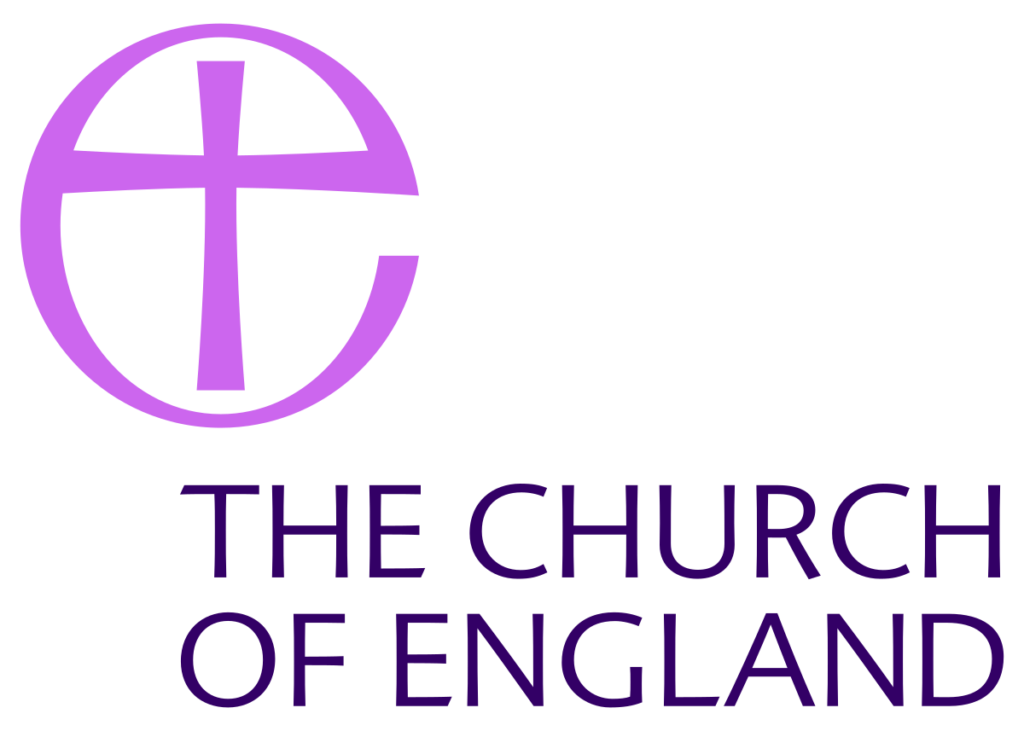
I was about ten years old when my father bought the autobiographical book by C.S.Lewis, Surprised by Joy. I remember this book appearing. My father, an Anglican parish priest, did not buy many books in the 50s, so this purchase was a significant event. I was attracted to looking at the book for two reasons. First of all I was intrigued by the title. I wondered what surprise and joy had to do with each other. Secondly, it was written by the same author who was responsible for The Lion, the Witch and the Wardrobe. My godfather, the proprietor of the Church Times, had sent me a copy of this latter book (alas no longer in my possession!) for Christmas 1950. It was, I believe, a review copy. The newspaper had received it, but it had not been sent out to any of their contributors. The text of the book had initially stretched my reading ability but, by 1955, I would have been a fully paid-up member of the Friends of Narnia, if such an organisation had existed. The Narnia books fed the imagination of many children such as myself, and a passionate immersion in the world of witches, talking beavers and fauns was an important part of my emotional and religious formation.
At the age of ten my quick survey of the new book that my father had bought, told me that this was not written for Narnia addicts. But the thing that did remain in my memory was, as I have indicated, the title. Over the years it has been helpful to ponder these words and try to make sense of them within my own experience. The two key words are not naturally linked together, but they are brought together by Lewis into a kind of partnership. My child brain recognised an element of paradox even though it was obviously beyond my ability to articulate anything like that at that time. It took years of maturing reflection to begin to make sense of these words.
The word surprise contains within it a suggestion of something that is new or unexpected. Lewis was presumably telling his audience that his discovery of Christianity was sudden and unlooked for. I have no ability to unlock this particular puzzle of what the author actually meant by using the words in his title, as the copy my father had has long since vanished and I have not read it subsequently. My focus is, not on what Lewis himself might have meant, but how the actual words of his carefully chosen title impacted on a young Christian trying to make sense of faith.
One of the challenges for a child growing up in the Christian faith is to find sufficient space for the individual variation of spiritual awareness. From around the age of seven at a very religious boarding school, I became aware of the fact that Christian adults were very anxious that children should practise a correct version of the faith. I was learning from my headmaster and his wife a type of Christianity that worked within strictly controlled parameters. My exposure to this narrow didactic evangelical teaching only lasted for two school terms and in the autumn term of 1953, I exchanged the world of Scripture Union and frequent extempore prayer for the quite different environment of a cathedral choir school. One illustrative model to describe the change is the contrast between a fast-flowing narrow stream to being carried along by a slow-moving river. There was at the choir school a far greater breadth in the way the Christian faith was taught and received. The access to church music and magnificent medieval architecture created a form of learning, which was less instruction than an inculcation into a broad culture stretching back through the centuries. The constant access to beauty in music and architecture spoke to layers of our being in ways that went beyond words. In short, we were learning to practise faith in a context that took seriously every part of our being. The Christian faith was for most of us a language, an experience that reached into mind, emotion, heart and soul.
Thanks to this privileged Christian formation I received, one which focused on a breadth of understanding and human flourishing rather than to narrow definitions of truth, I found later that I had the intellectual and spiritual tools to resist the authoritarian fundamentalisms which are offered to young people. I was always aware that Christian truth was able to cross numerous boundaries of culture, language and ethnicity that exist across the world. Any attempt to define Christian experience in terms of a single culture seemed an insult to the sheer exuberant variety of human cultures that have appeared over the centuries and across the world. To take one topical example, is it likely or probable that one manifestation of human relationships be privileged above all others? Is it realistic to believe that the last word on human patterns of living and relationships has been said? To return to our C.S.Lewis book title, where is the surprise in this kind of faith? Another word which suggests surprise is the word newness. I have had cause more than once in my blog reflections to refer to the words ascribed to the risen Christ, ‘Behold I make all things new’. Newness suggests the unexpected and the unforeseen. It certainly keeps us on our toes when we believe that the newness of God may break into our lives at any moment.
The early Fathers of the Church, notably Gregory of Nyssa, were very struck by the passage from Exodus where Moses held communion with God in a cloud. The cloud was for these writers a highly suggestive analogy to describe the fact that God has no shape or form. To have any communication with God, one has to use the language of mystery and unknowability. In one passage an evocative description of the divine mystery was held to be like travelling from ‘glory to glory’. This is a way of saying that the Christian journey is to be understood as an endless movement into the depths of God’s being. Words like unknowability, depth and inexpressibility all litter the language of mystical discourse. Our C.S.Lewis word, surprise, fits well into this type of discourse and way of speaking. It also seems very far from some forms of conservative Christian discourse which put a high (too high?) premium on exact orthodox definitions of the language that are required to be used to convey our understanding of God.
The second main word in C.S.Lewis’s book title, joy, is another word that lends itself to reflection. Among the many things that can be said about joy is that it describes the feeling when something or someone is received after a long period of waiting. Joy is felt by parents when they hold a loved infant for the first time. Joy is felt when people are reunited after a long time apart. There is also the biblical hint that joy is at the heart of whatever precisely is encountered when we die. The master who left his servants in charge when going abroad in Matthew 25, tells them to use his money well. Those who succeed in the set task are invited to ‘enter into the joy of thy lord’. The forms of joy that are available to us on this earth are suggestive of the fact that the values contained in them, such as reconciliation, peace and beauty, find their fulfilment in the world beyond. In short, the word joy sums up the Christian hope of what ‘God has prepared for those who love him.’ What we can see here does not compare with the splendour of what is to come, but it contains a sufficient hint to allow us to live with great hope and anticipation.
There are not many book titles I know that hint at an understanding of the Christian faith so thoroughly attractive as this. Having at an early age brought these two words together in my understanding, I was never tempted by other versions of faith which, even as a child, I recognised as involving a measure of coercion and fear. The C.S.Lewis version of the Christian faith was always pointing me to a God I could believe in, a God who draws us to himself. The God I believe in is one to whom we say, in the words of St Augustine, ‘You have made us for yourself, O Lord, and our hearts are restless until they rest in You.’




